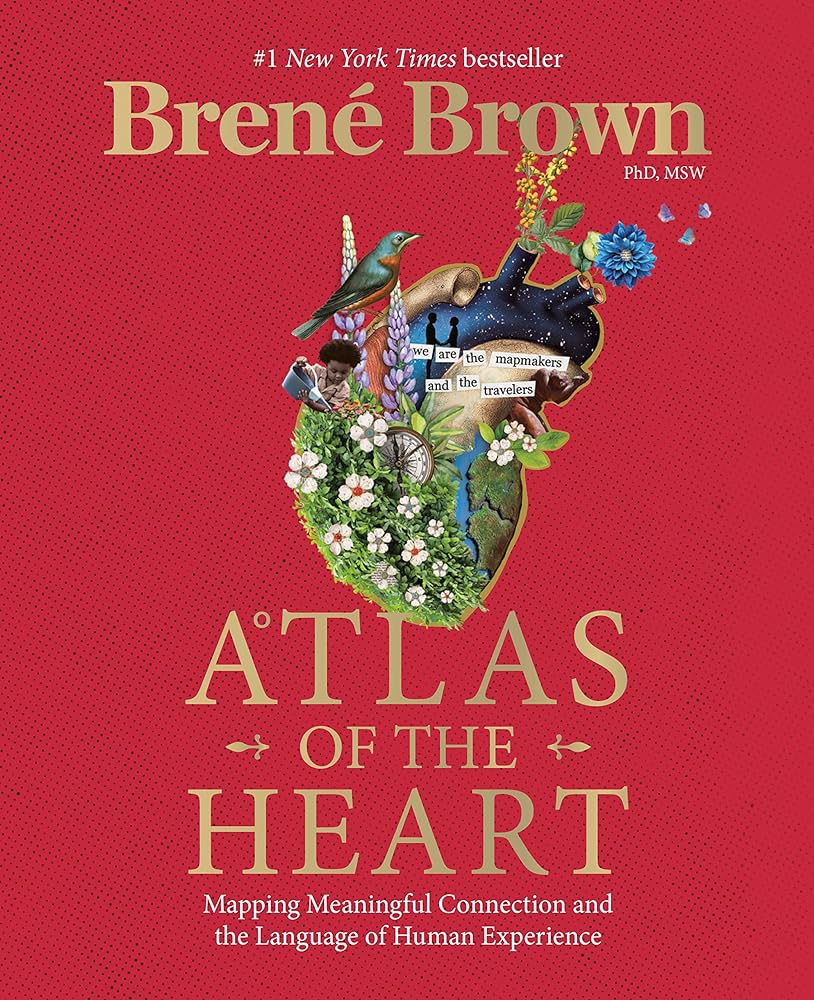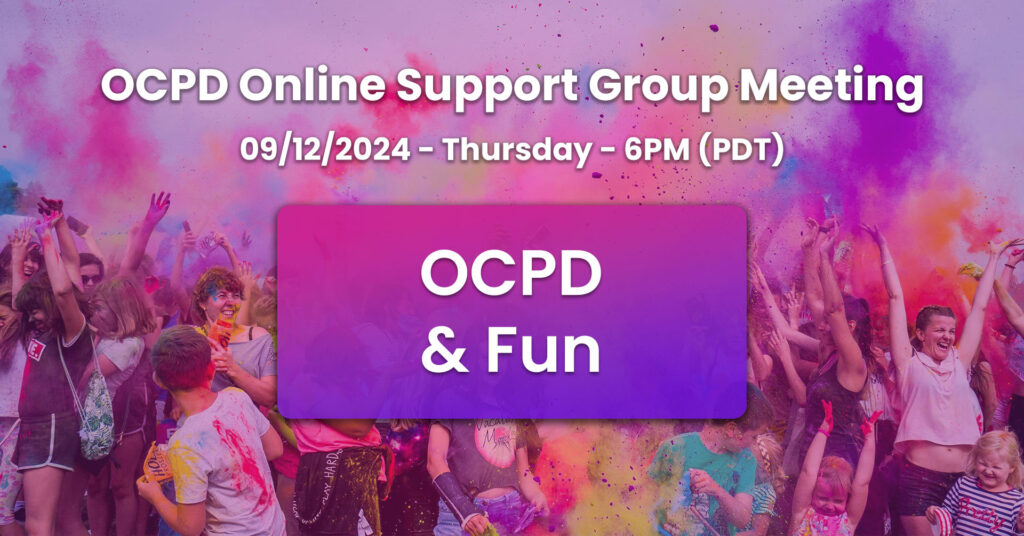It brings me a certain level of ironic amusement by choosing to start off a post about “fun” with the Oxford Dictionary definition. 😋
fun /fən/
- enjoyment, amusement, or lighthearted pleasure.
- a source of fun.
- amusing, entertaining, or enjoyable.
- playful behavior or good humor.
- behavior or an activity that is intended purely for amusement and should not be interpreted as having serious or malicious purposes.

My first big assumption about the topic of “fun” was that it would be synonymous with other positive words/feelings like: happiness, joy, and play. After a searching “Atlas of the Heart” for fun I was surprised to discover it was almost nonexistent. Instead, “amusement” emerged as the primary synonym over happiness and somewhat distinct from joy.
“Atlas of the Heart” by Brené Brown

Places We Go When Things Aren’t What They Seem
Amusement, Bittersweetness, Nostalgia, Cognitive Dissonance, Paradox, Irony, Sarcasm
Amusement
The etymology of “amusement” is interesting. The word dates from the late 1500s, when it meant a pleasurable diversion from work or duty.
According to researchers, amusement is connected to humor and includes elements of unexpectedness, incongruity, and playfulness. It’s typically seen as a brief spike in a person’s level of cheerfulness, lasting only a few seconds. The definition of amusement that aligns with our research is “pleasurable, relaxed excitation.” Amusement differs from happiness in that happiness is a general sense of pleasure, whereas amusement appeals specifically to one’s sense of humor.
There are two themes that clearly help distinguish amusement from other positive emotions, like contentment, gratitude, interest, joy, love, or pride:
- An awareness of incongruity (there’s something unexpected about what causes us to be amused—we weren’t expecting that punch line or that behavior or that timing);
- When we feel amusement, we feel playful with those around us.
Is amusement important at work? Research shows that breaks involving amusement may help replenish depleted cognitive resources, and that the replenishment continues through difficult tasks.
After reading the research on amusement, I started thinking about how people say “I did not find that amusing,” and why it’s sometimes said in a judgmental voice.
I don’t have any data to support this supposition, but I wonder if what we’re saying is “That unexpected thing that you did or said that was supposed to be funny was not funny.” It’s almost like You failed at your attempt to be funny. That was neither playful nor pleasurable. It takes me straight back to my parents reading a note from my teacher and me trying to make a joke about what really happened in the classroom. I can still hear my mom saying, “I’m not amused.”
So why does seem like fun and amusement are foreign concepts/experiences for those of us with OCPD?
When perusing general internet advice on “How to have fun” I began to notice that many of the suggestions stood in direct contrast to many of the common OCPD traits.
9 Strategies for how to Make Life Fun
- Get Silly. When I’m stuck in Debbie Downer-mode, I try to get more childlike and not take myself so seriously. …
- Don’t Overthink It. …
- Stop and Smell the Roses. …
- Try New Things. …
- Look on the Bright Side. …
- Make Time for the Things you Love. …
- Put the Phone Down. …
- Connect.
The Best Ways to Have Fun
- Learn a new hobby or skill.
- Listen to music to boost your mood.
- Do fun activities with your friends, like dancing or trying a new restaurant.
- Build relationships with your classmates or coworkers.
- Take little breaks while you work to replenish your energy.
Here’s a peek into some of my own mental thoughts in response to these suggestions…
Don’t take things so serious (but what about my anxiety? How will I feel secure if I don’t maintain hypervigilance and I let my guard down?). Don’t overthink things? (oh, like I’m doing right now? Trust me, I wish I could turn this feature off!). Try new things/learn a new hobby or skill? (but what if I’m not immediately good at them and feel like a failure?!). Look on the bright side? (sorry but I’m a realist, I’m too aware and honest to ever become an idealist/optimistic). Make time for things I love? (but what if feeling productive is what I love?) Try new activities? (that sounds too high risk for me. What if it’s expensive and I don’t enjoy it? I don’t want to feel like I’ve wasted money/time) Connect/build relationships. (as per my last few responses, connecting takes time, can feel unproductive, causes more overthinking, and often costs other resources as well which triggers my stinginess).
So, as you can see, I seem to have a solid rebuttal for everything. Or, as a good friend who once called me out said in frustration, “Well, I guess you have it all figured out then!” It didn’t feel good to hear at the time but I realized upon reflection that she was pointing out how all of my rigid beliefs and stubborn fears had boxed me into a narrow range of acceptable options I was willing to consider. The insight she provided was that I continue to feed and empower these limiting beliefs and, consequently, stay completely stuck in behaviors that aren’t working for me. These days I try to see which limiting beliefs I can push back on and even deconstruct or remodel. I try to ask myself, “In order to expand my existing options and zone of comfort, would I be willing to consider….?”
In the end, I’m just one person and this is just one example of how my unique combination of OCPD traits feels like a barrier to having fun. I’m curious about how OCPD symptoms might affect other people’s experience as well.
Reflection Questions
- How do you define or conceptualize “fun” for your own life?
- What value or priority do you place on fun?
- On average, are you content with the amount of fun you experience?
- Are there any opportunities you can see for incorporating more fun into your life?
- What are the beliefs and emotions that arise when you consider pursuing new opportunities?
- What surprising insights has reflecting on fun brought to your attention, if any?

![[Zoom Meeting] OCPD & Disgust 🤢](https://www.youmeandocpd.com/wp-content/uploads/2023/12/2023-12-14-OCPD-Disgust-1024x536.jpg)
![[Zoom Meeting] Reflecting on the Year 2023 📝🔍](https://www.youmeandocpd.com/wp-content/uploads/2023/12/2023-12-28-OCPD-Reflecting-on-the-Year-1024x536.jpg)